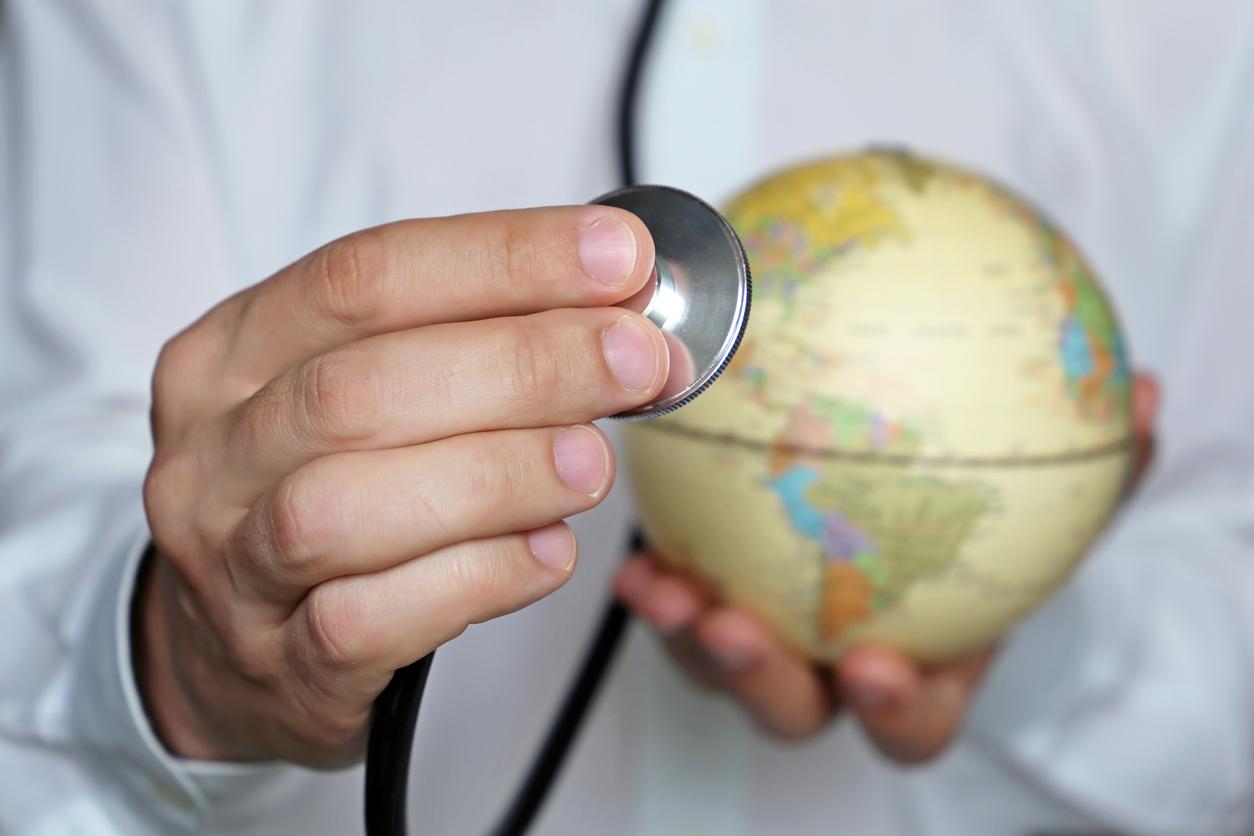
And in these cases you have to be careful with taking the shot
The first Dutch people received the corona vaccine last week. The vaccine that everyone has been looking forward to for a long time and which should make life more normal again. But is it also suitable for everyone? And who can’t get a vaccine?
For all vaccines – including the corona vaccine – the advice applies to avoid the use of the vaccine in:
- a proven severe allergy to one of the components of the vaccine;
- a proven very serious allergic reaction after a previous administration of the same vaccine.
You can find the package leaflet of the corona vaccine from Pfizer/BioNTech containing the ingredients here and that of the Moderna vaccine you will find here.
The first studies show that the vaccine works in 95 percent of the vaccinated. It has been shown to be effective in healthy people as well as in people with conditions such as diabetes, lung disease and high blood pressure. The vaccine has been found to be safe and approved, but a lot is still unclear. As with all medicines and vaccines, caution is therefore advised.
Pregnancy
If there is an allergy to one of the components, the vaccine cannot be administered. Have you had (severe) allergic reactions in the past? Consult with your doctor whether it is wise for you to receive this vaccine. Pregnant women are also advised not to get vaccinated and to postpone the injection until after pregnancy.
There are also a number of so-called relative contraindications in which care should be taken when taking the shot or giving the vaccine a delay:
- If you are seriously ill or have a high fever on the day of the injection. This is to avoid confusion between symptoms of disease and side effects of the vaccine. If the body temperature is above or above 38.5°C, the vaccination is postponed.
- If you have complaints that often occur with the coronavirus (fever, cough, runny nose, sore throat, loss of smell and taste). Then get yourself tested for COVID-19. People with a positive result can be vaccinated from four weeks after the test.
- If you’ve had COVID-19, you can safely be vaccinated. But the recommendation is to wait until recovery or to administer the vaccination at least four weeks after the onset of symptoms.
- The same applies if you have long-term complaints after going through COVID-19. If there is a deterioration in your health, that may be a reason to postpone the vaccination. Again to avoid confusion whether the complaints are due to the virus or the vaccine.
- If you have had COVID-19 and have been treated with medication, it is good to wait about two to three months with the vaccine. Consult with your doctor if this is the case.
Blood and Plasma Products
An interval of 60 days is also advised after administration of normal blood products and plasma products, other than plasma with pooled COVID-19 antibodies or monoclonal antibodies.
Anesthesia and Vaccinations
Another reason to delay a COVID-19 vaccination is a planned medical procedure under general anaesthesia. Consult with your treating doctor about the best course of action in this case.
Epilepsy
A vaccination or a fever after vaccination can trigger a convulsion in people with epilepsy. In patients who are known to develop convulsions after vaccination or fever, the physician should weigh the pros and cons of the COVID-19 vaccination.
For people with severe immune disorders and HIV, too little data is currently available on the efficacy and safety of COVID-19 vaccines. Careful consideration of the pros and cons of a vaccination is important for this group. Do you belong to this group? Then consult your treating doctor.
Children
Children are not (yet) eligible for the vaccine. Pfizer/BioNTech’s corona vaccine is approved for young people aged 16 and over. In the Netherlands, people are invited from the age of 18. Moderna’s vaccine is not (yet) approved for children under the age of 18.















